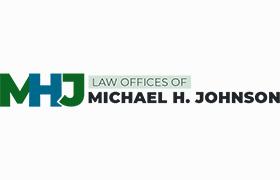Lake Harbor Bankruptcy Lawyer, Florida
Sponsored Law Firm
-
 x
x

Click For More Info:
-
Law Offices Of Michael H. Johnson, P.A.
3601 W. Commercial Blvd Suite 31 Fort Lauderdale, FL 33309» view mapBankruptcy & Debt Experienced Legal Guidance
I know how important getting out of debt can be, and I’m committed to providing innovative, effective solutions to help you have a brighter future.
800-773-6441
Includes: Bankruptcy Litigation, Commercial Bankruptcy, Consumer Bankruptcy, Dissolution
Mark R. Osherow
✓ VERIFIEDCivil Rights, Bankruptcy, Construction, Contract, Intellectual Property
Mark R. Osherow is a Florida Bar Board Certified Specialist in Business Litigation with over 30 years of experience. He has practiced for most of thos... (more)
Roberta Boyer Braber
Bankruptcy, Corporate, Business Organization, Child Support
Status: In Good Standing
FREE CONSULTATION
CONTACTFREE CONSULTATION
CONTACTFREE CONSULTATION
CONTACTFREE CONSULTATION
CONTACT Michael Johnson Fort Lauderdale, FL
Michael Johnson Fort Lauderdale, FL AboutLaw Offices Of Michael H. Johnson, P.A.
AboutLaw Offices Of Michael H. Johnson, P.A.

